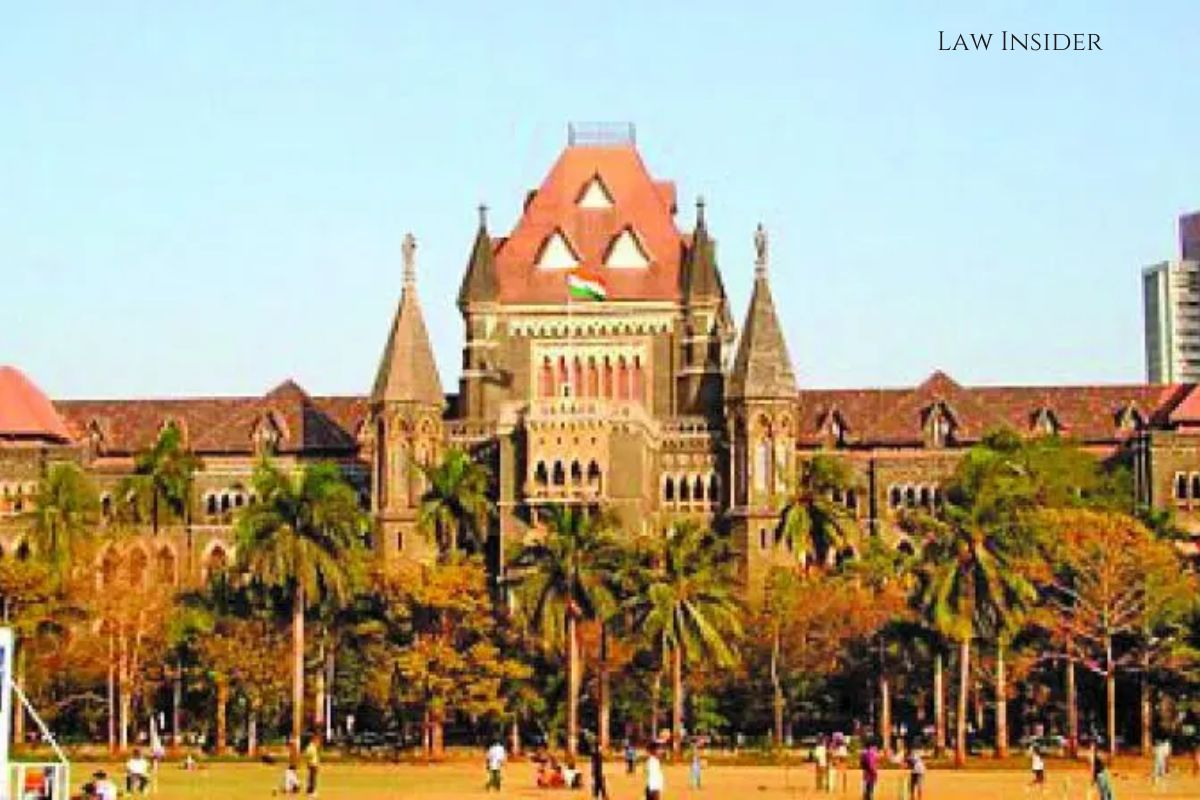LI Network
Published on: December 30, 2023 at 12:45 IST
The Bombay High Court has ruled that in the absence of other partners, a dispute concerning a firm’s business cannot be taken to arbitration by a sole partner.
Justice Manish Pitale, presiding over the case, emphasized that a partner’s implied authority does not encompass the right to refer a dispute to arbitration, citing Section 19(2)(a) of the Partnership Act, 1932, as a restrictive factor.
The Court emphasized that an arbitration notice issued without the consent of all partners is invalid, rendering the petition for arbitrator appointment similarly invalid.
The case involved an investment agreement among parties forming a partnership in R-Cube Energy Storage Systems LLP. Disputes arose due to default on obligations by one respondent, leading to potential legal repercussions.
In objections raised by the respondent, it was contended that pre-arbitration steps were not exhausted and that arbitration initiation lacked consent from all partners.
The Court acknowledged the attempt made by the applicants in adhering to pre-arbitration steps but pointed out that the respondent’s failure to comply hindered the process. It ruled that a party unable to follow these steps can’t later object to arbitrator appointment.
Addressing the lack of unanimous consent for arbitration, the court reasserted that one partner cannot unilaterally refer a firm-related dispute to arbitration, aligning with the Partnership Act’s limitations.
Hence, the Court dismissed the application under Section 11 of the Arbitration Act, deeming the defective notice insufficient to validate a cause of action.

